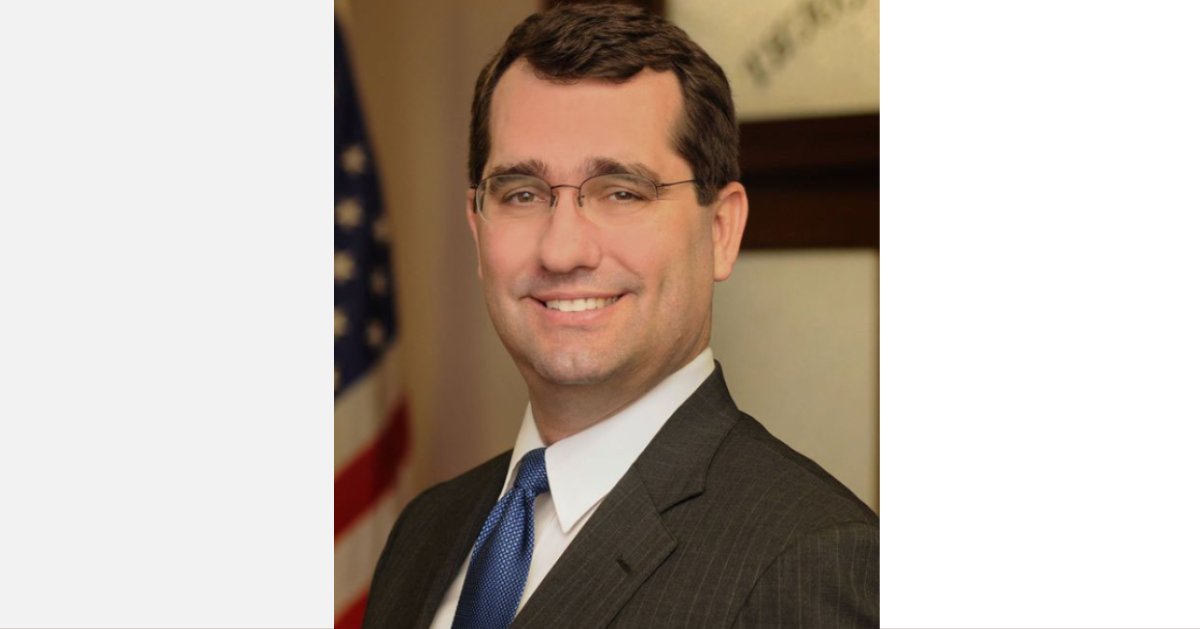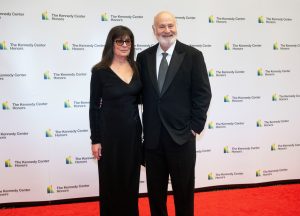AG Derek Schmidt to U.S. Supreme Court: CFPB is unconstitutional

Office of Kansas Attorney General
TOPEKA – (December 27, 2019) – The peculiar structure of the Consumer Financial Protection Bureau (CFPB) violates the U.S. Constitution, Kansas Attorney General Derek Schmidt has told the U.S. Supreme Court.
Schmidt, along with 12 other state attorneys general, filed a brief this month arguing that Congress lacked authority to declare the CFPB an “independent” federal agency led by a single individual not overseen by the president because the Constitution vests the executive power in the president.
“The CFPB’s structure is virtually unprecedented,” the states wrote in their brief. “To date, this Court has never ruled upon the legality of an ‘independent agency exercising substantial executive authority’ that ‘has . . . been headed by a single person.’”
The CFPB was created in 2010 under Dodd Frank’s Title X, which transferred to the CFPB much of the authority to regulate consumer financial products and services that had been vested in other federal agencies. Unlike those agencies, which are headed by a group of commissioners or by an individual who is removable at will by the president, Dodd Frank structured CFPB to be headed by a single director to be appointed by the president and confirmed by the Senate to a five-year term, subject to removal by the president only for inefficiency, neglect of duty, or malfeasance in office.
“The Constitution forbids concentrating such unchecked authority in a sole, unaccountable administrator charged with overseeing an agency that wields executive power,” the attorneys general wrote. They argue that CFPB’s unaccountable structure threatens the ability of the states to enforce robust consumer protections.
Schmidt noted he has argued CFPB’s structure is unconstitutional since the agency was created in 2010 but only now has a case addressing that question reached the U.S. Supreme Court.
The case is Seila Law LLC v. Consumer Financial Protection Bureau, No. 19-7. A copy of the brief is available at https://bit.ly/2SvTnbJ. The Court is scheduled to hear oral arguments in the case in March.









